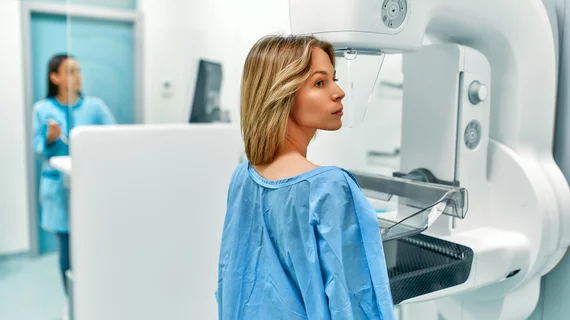A new look at the links between obesity, type 2 diabetes and cancer
Small extracellular vesicles called exosomes may be associated with breast cancer progression and treatment resistance, according to new data published in Science Signaling.
“We have identified a potential biological difference that might explain this higher risk and inform clinical decision making," corresponding author Gerald V. Denis, PhD, a professor at Boston University School of Medicine, said in a press release. "This novel biology may also suggest new drugs or treatments to reduce risk for metastasis in cancer patients who are also obese and diabetic."
Researchers isolated and characterized exosomes to analyze features that may promote breast cancer progression and metastasis.
Exosomes from insulin resistant adipocytes (fat cells) and the adipose tissue of adults with type 2 diabetes triggered changes in human breast cancer cells that were more dangerous than the changes caused by exosomes from insulin sensitive or non-diabetic adipocytes.
Denis noted that metabolic diagnoses are not generally weighed by oncologists who are assessing the risk of breast cancer progression, treatment resistance or recurrence.
“It has also been difficult to identify blood tests that would assist clinicians to plan treatment or change treatment plans, because clinical trials have not yet been conducted to define the most important biomarkers," he said. "Inexpensive diagnostic and prognostic tests that are covered by insurance and that require only a small amount of blood would help oncologists improve treatment for these patients."
Denis also noted that this study has ramifications for obesity-related cancers where nearby fat deposits may be metabolically abnormal and inflamed. This includes, among others, breast cancer in post-menopausal women, ovarian cancer and prostate cancer.
Read the full study here.
